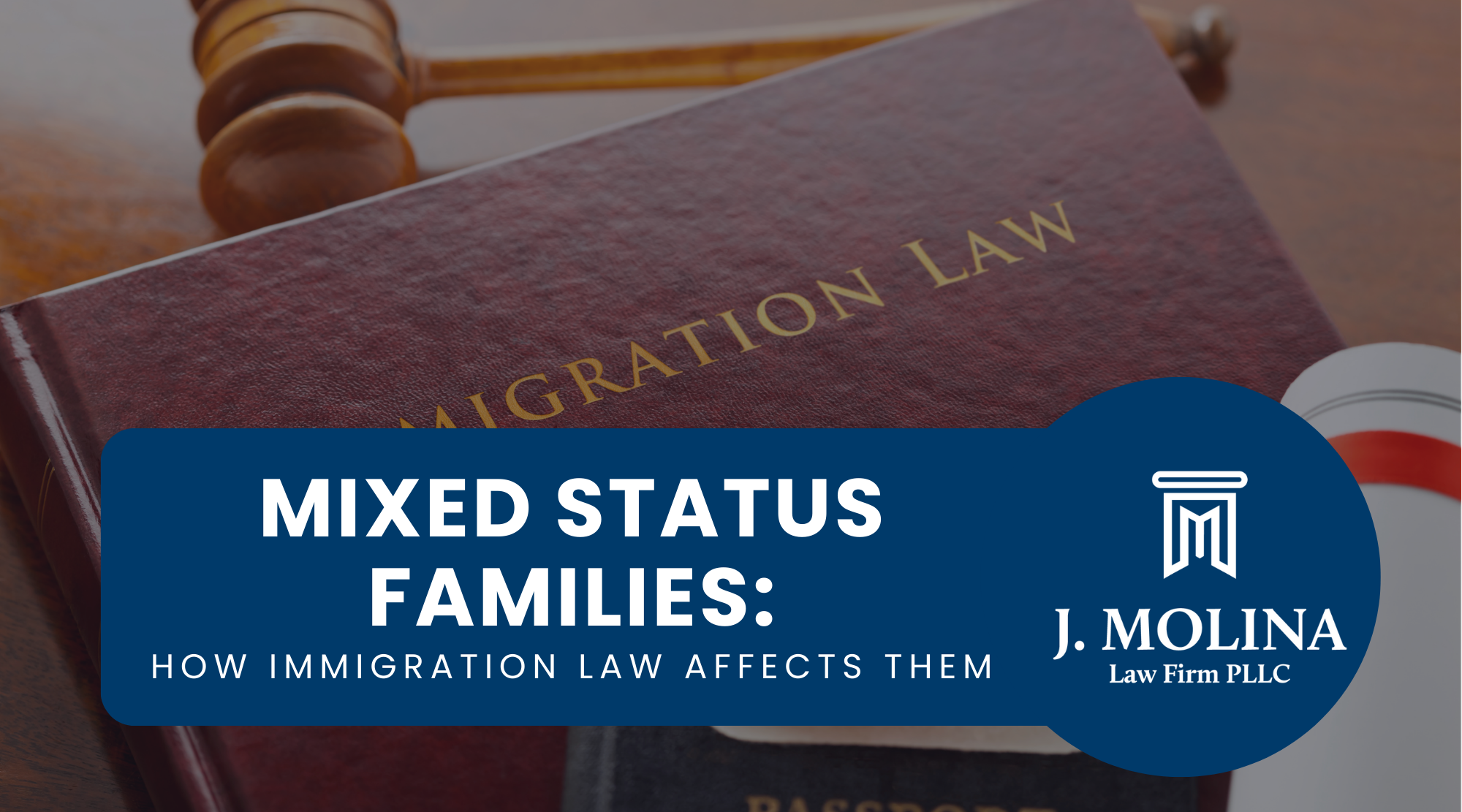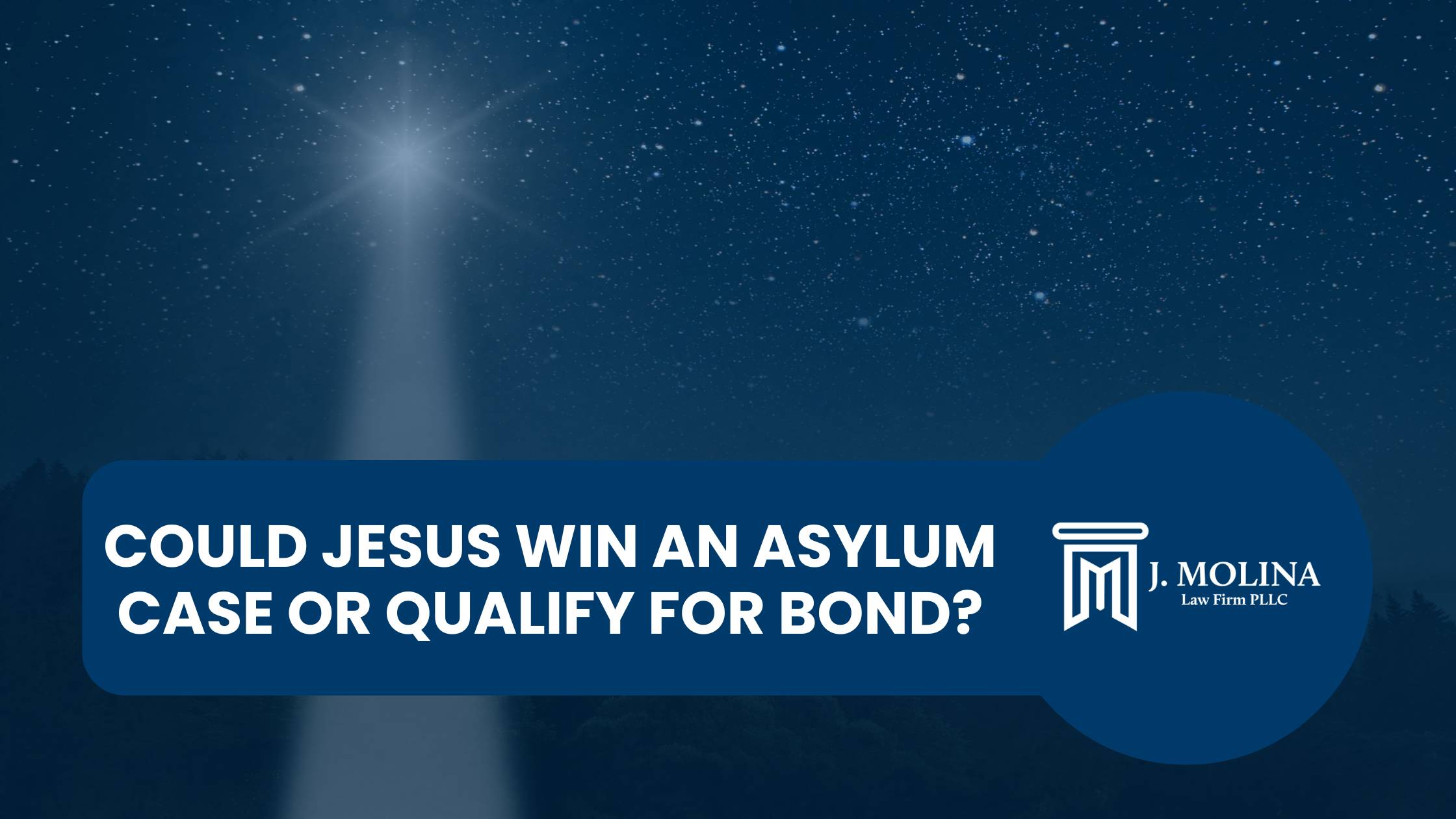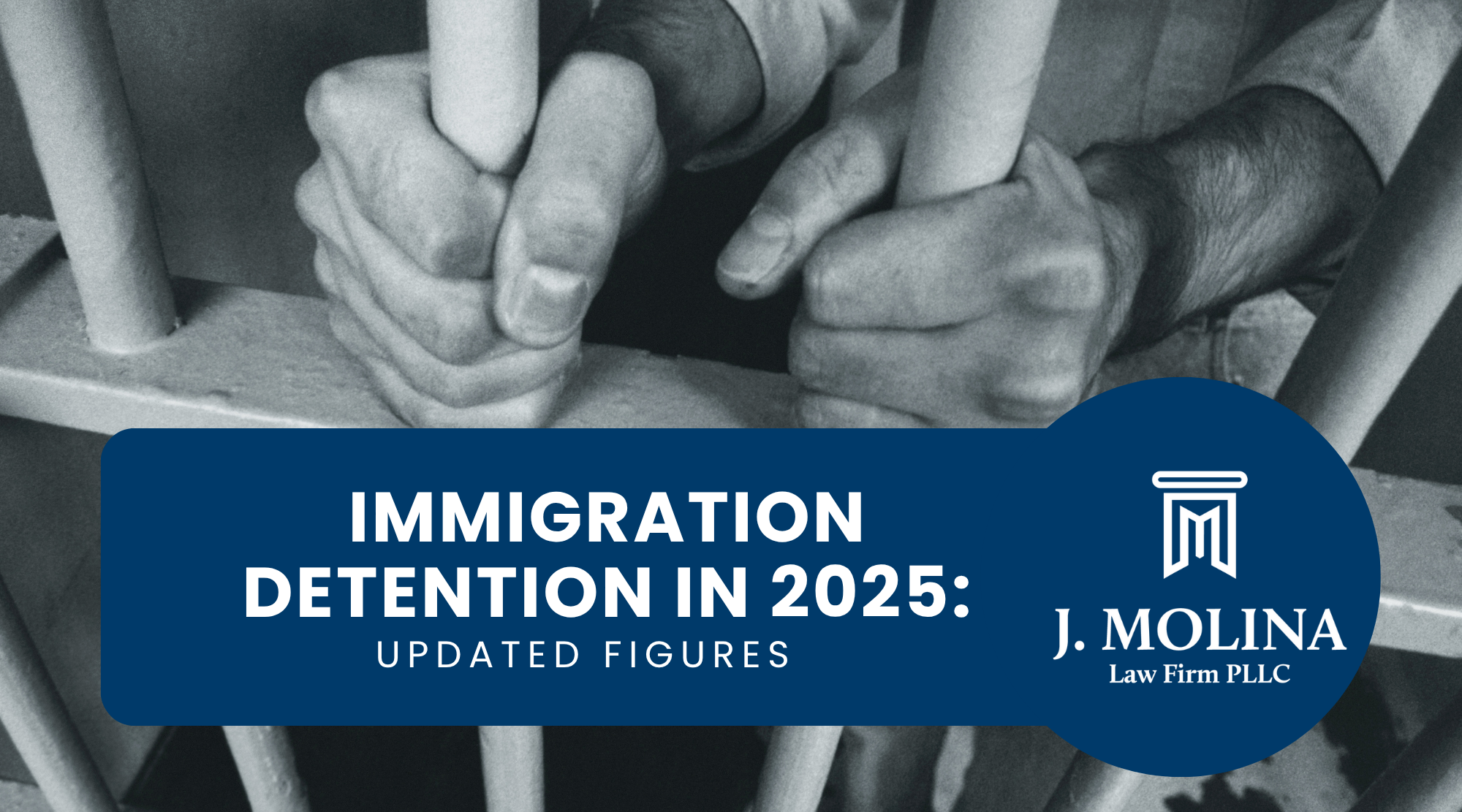Mixed-status families—those where some members are U.S. citizens or lawful residents and others are undocumented—face increasing challenges under the immigration policies of 2025. Recent federal changes have created new barriers in areas such as housing, tax benefits, and family unity. In this blog, we explore the key impacts of these changes and how families can protect themselves.
Housing: More Surveillance and Eviction Threats
One of the most alarming developments in 2025 is a new agreement between HUD and ICE allowing data sharing to prioritize housing aid for U.S. citizens. This memorandum could lead to the eviction of more than 25,000 mixed-status families, heightening fears among those relying on public housing. Additionally, proposals like Project 2025 aim to eliminate prorated benefits, potentially cutting off all federal rental support for these families.
Tax Benefits: New Restrictions Hurt Citizen Children
In previous years, many families could receive the Child Tax Credit (CTC) as long as the child was a U.S. citizen, regardless of the parents’ immigration status. However, 2025 proposals would require both parents to have valid Social Security numbers, excluding millions of families who file with an ITIN. This change puts the financial stability of U.S. citizen children at risk, especially in low-income immigrant households.
Family Unity: Ongoing Separation Risks
While recent deportation policies have shifted to focus on public safety threats, the risk of family separation remains high. The American Families United Act, currently under consideration, would give immigration judges more discretion to prevent unnecessary separations, but the immigration process remains slow and complex—especially for those who entered the country without inspection.
State Protections: Limited but Crucial Support
In the face of federal restrictions, some states like New York have introduced sanctuary policies and expanded access to healthcare and legal aid. These measures offer some relief, but the level of protection varies significantly by state, leaving many families vulnerable depending on where they live.
Conclusion: What Can You Do?
Mixed-status families are in an increasingly vulnerable position in 2025. From losing housing assistance to the threat of separation, daily life has become more uncertain. But understanding your rights and seeking legal support can make all the difference.
Need Help? Contact J. Molina Law Firm
At J. Molina Law Firm, we defend the rights of immigrant families. If you or a loved one is part of a mixed-status household, don’t face these challenges alone. Call us today for a confidential consultation and let us help you protect your family’s future.



